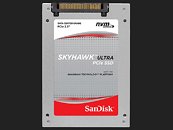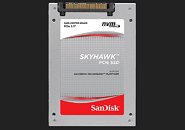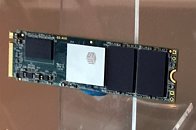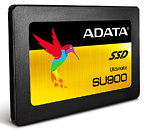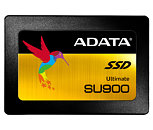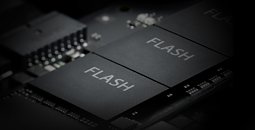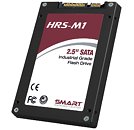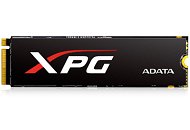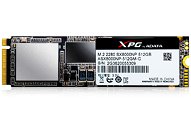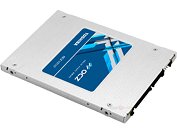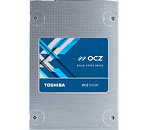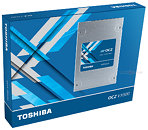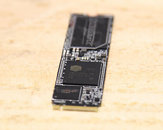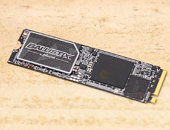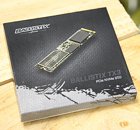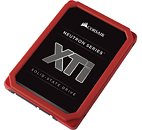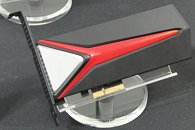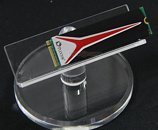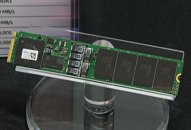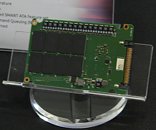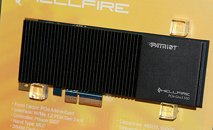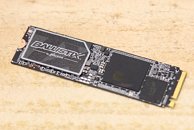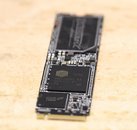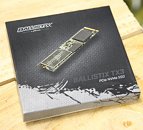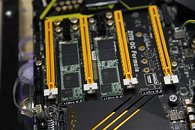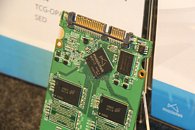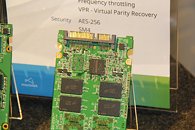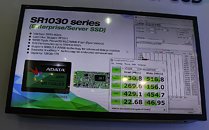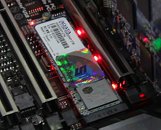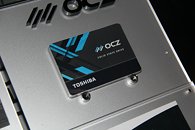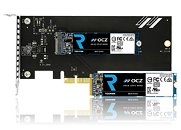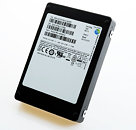
SanDisk Announces the SkyHawk Series Enterprise SSDs
SanDisk today announced the SkyHawk and SkyHawk Ultra lines of enterprise SSDs. Built in the 12 mm-thick 2.5-inch form-factor, the drives feature PCI-Express 3.0 x4 interface over U.2 or SATA-Express connections. The drives incorporate high-endurance 15 nm MLC NAND flash memory. The SkyHawk series includes 1920 GB and 3840 GB variants, and offer transfer speeds of up to 1500 MB/s reads, with up to 1700 MB/s writes; up to 250,000 IOPS 4K random reads, and up to 47,000 IOPS 4K random writes. Its MTBF is rated at 2 million hours, and it is backed by a 5-year warranty.
The more premium SkyHawk Ultra series comes in 1600 GB and 3200 GB variants, with sequential transfer speeds of up to 1700 MB/s reads, and up to 1200 MB/s writes, up to 250,000 IOPS random reads, with up to 83,000 IOPS random writes. These drives offer nearly triple the durability of the SkyHawk (standard) series, with 1.7 DWPD (vs. 0.6 DWPD of the SkyHawk standard); although their MTBF are rated the same, at 2 million hours, and are backed by the same 5-year product warranties.
The more premium SkyHawk Ultra series comes in 1600 GB and 3200 GB variants, with sequential transfer speeds of up to 1700 MB/s reads, and up to 1200 MB/s writes, up to 250,000 IOPS random reads, with up to 83,000 IOPS random writes. These drives offer nearly triple the durability of the SkyHawk (standard) series, with 1.7 DWPD (vs. 0.6 DWPD of the SkyHawk standard); although their MTBF are rated the same, at 2 million hours, and are backed by the same 5-year product warranties.
